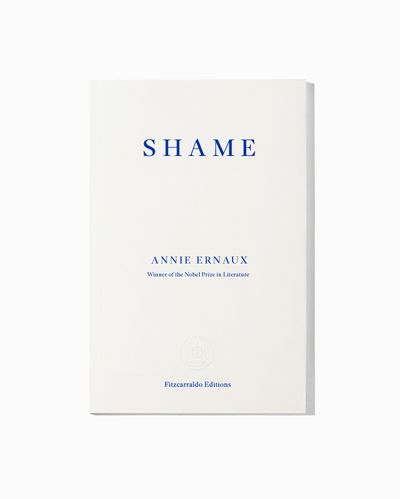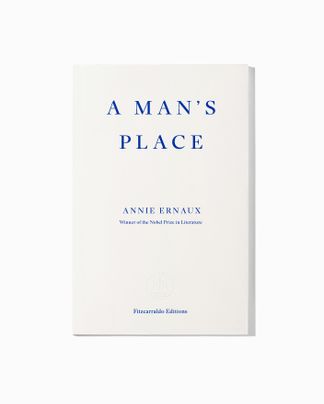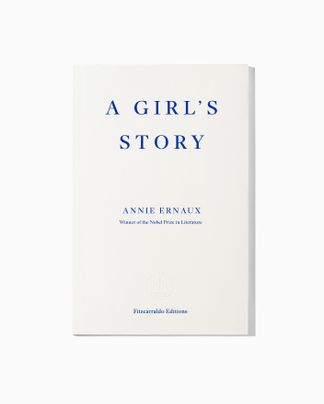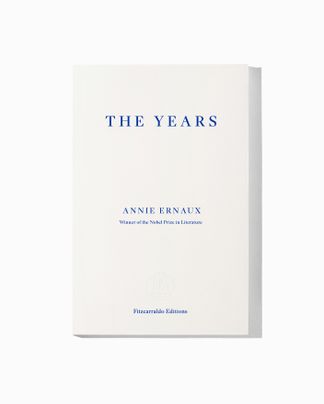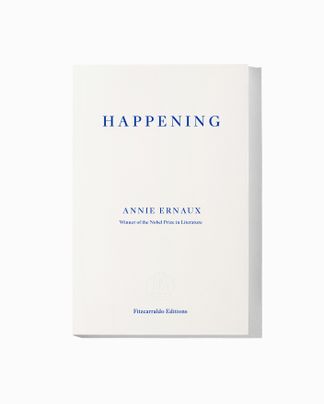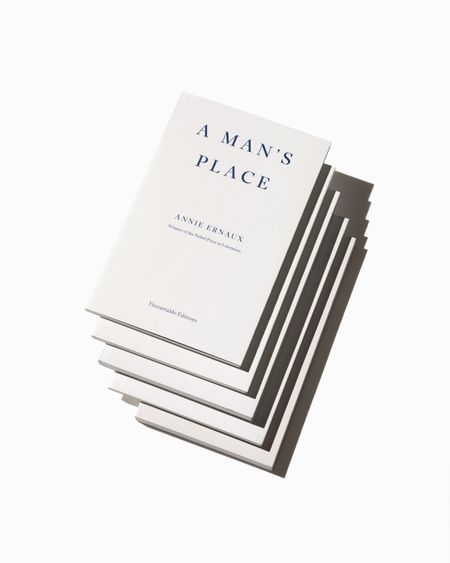Winner of the Nobel Prize in Literature 2022
‘My father tried to kill my mother one Sunday in June, in the early afternoon.’ Thus begins Shame, the probing story of the twelve-year-old girl who will become the author herself, and the traumatic memory that will echo and resonate throughout her life. With the emotionally rich voice of great fiction and the analytical eye of a scientist, Annie Ernaux provides a powerful reflection on experience and the power of violent memory to endure through time, to determine the course of a life.

